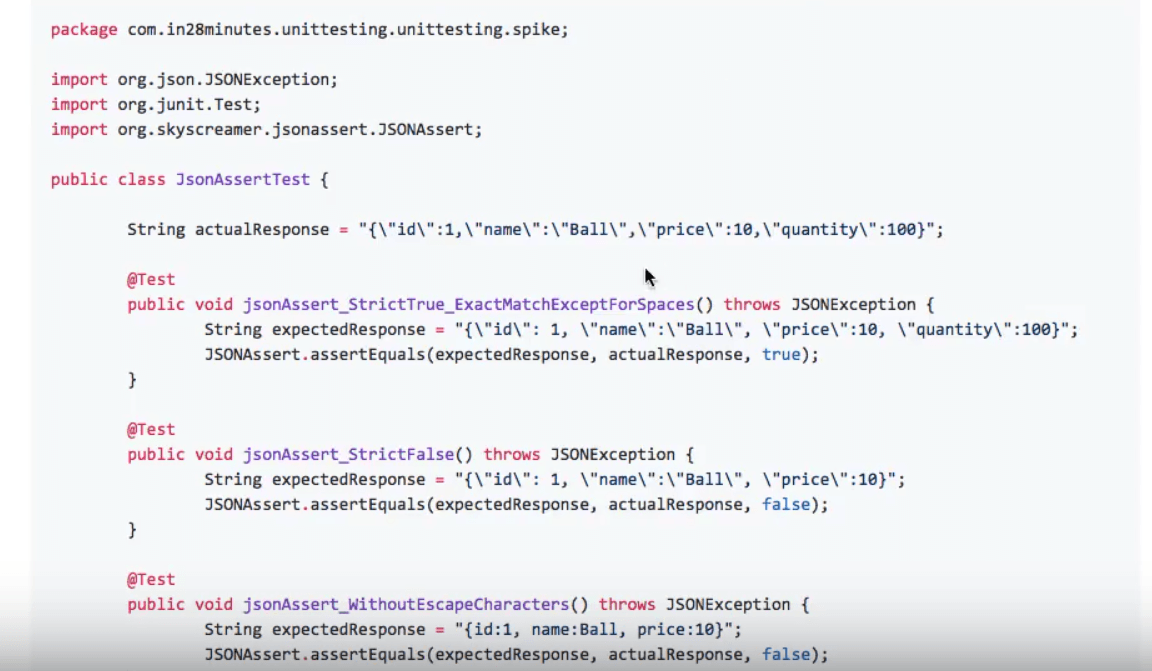

false - because comparing a non-null to null String PrimaryLanguage.equals(secondaryLanguage) false because one is Java, other is Groovy "Java".equals(secondaryLanguage) true because primaryLanguage points to "Java" "Java".equals(primaryLanguage) comparing string using equals() method Here is a couple of examples of using equals to compare String in Java: If you compare a non-null String value to a null string then also it returns false. This method returns true if both objects are same and false if they are not same. This method is defined in class for reference comparison but overrides this method to perform the value-based comparison. they are of the same case, contains same characters and in the same sequence then you should use equals() method. If you just want to check if two string is same i.e. In this article, I'll go through each of the ways to show you how exactly you can compare String objects in Java. This is not the right way to compare String in Java but if you really need the reference based comparison that's the way to go. The compare() method allows you to compare String on any custom order, for example, you can use this to compare string on their length.Īnd, if you are interested in reference comparison, you can use the equality operator to see if two string reference variables point to the same object or not. It will return negative if first string comes before second string in lexicographic order, positive if first string comes after second string, and zero if both strings are equal to each other. The compareTo() method comes from interface and you can use this to compare one String to another. to find out whether a String object comes before or after another String object then you can use the compareTo() and compare() method.

If you want to do lexicographic comparison e.g. "Apple" and "apple" will be the same if you compare them using equalsIgnoreCase() method. You can also use equalsIgnoreCase() to check if they are equal irrespective of case e.g. "Groovy".equals("Groovy") will be true if you compare them using equals() method. they contain the same characters in the same sequence or not e.g. In general, equals() is used to check whether the value of a given String is the same i.e. to check both the String reference variable points to the same object. You can even use the equality operator = to perform reference-based comparison e.g. you can use equals() and equalsIgnoreCase() for equality check and compare() and compareTo() for ordering comparison. Here are many ways to compare String in Java e.g.


 0 kommentar(er)
0 kommentar(er)
